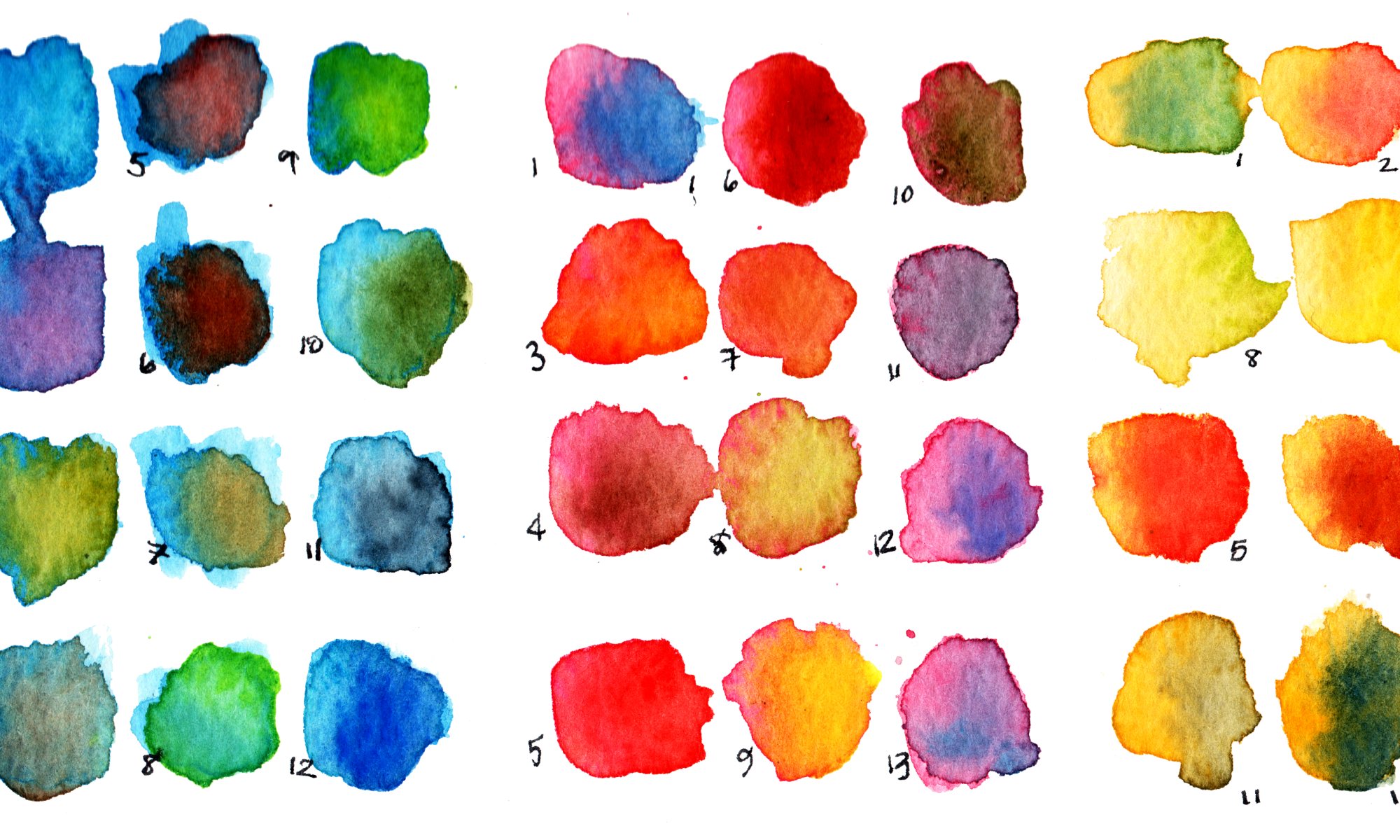
I was invited to serve as the People’s Choice Judge for Canadian Science Publishing*’s 2021 Visualizing Science contest (which you can enter now!). In the course of launching the contest, CSP interviewed me about my take on creative approaches to visualizing science and doing science communication.
Here are the cliff notes:
- I came to a career scicomm in a round-about way, only to later discover I had been doing scicomm most of my career.
- My “creativity+scicomm” soap box centers around 3 principles: (1) Creativity can be practiced and enhanced. (2) Cross-training is essential. (3) Few innovations happen overnight or solo.
- Despite the constraints and our conditioning in academia, we must ground our science communication and public engagement efforts in what our audience or target stakeholders value. “No amount of beautiful art or accessible color palette […] will salvage a visual communication effort that is developed in an echo chamber.”




